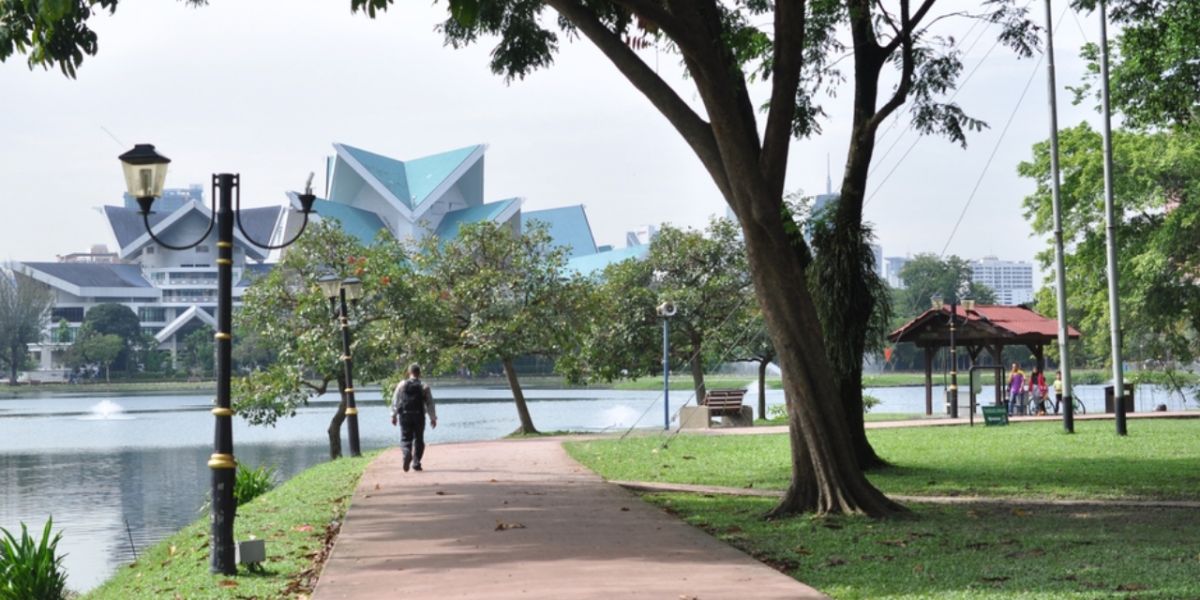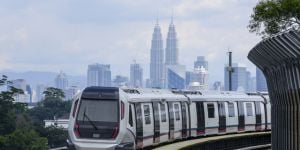
Although cosmopolitan, Malaysia can come as a culture shock especially if you come from very far. In addition, there are several peculiarities that you will need to take into account when moving to Kuala Lumpur. There are unspoken rules that govern life in KL. They are definitely useful to know.
How to greet someone in Kuala Lumpur
Malaysia is a Muslim country, and interactions with women in the workplace as well as in social spaces are governed by current moral values of the country. A good practice is to wait for women to extend their hand first when it comes to saying hello. Malaysian customs imply that only men shake hands to greet each other. If you're a male, you can place a hand on your chest while giving a slight nod to greet someone in situations where a handshake is not customary. Most importantly, to greet a woman, simply nod and smile. When shaking someone's hand, be sure to always extend your right hand.
Local dress code
Malaysia is a Muslim country. Therefore, modest attire is often adopted by those from the Malay and/or South Indian community. However, there is no need to change your daily dress habits. As a rule of thumb, it is generally required to cover up when visiting places of worship and recommended to adopt modest outfits when visiting government offices or a business meeting in the presence of officials.
Visiting people
Malaysians love to entertain and indulge in open houses throughout the year. The etiquette to follow when visiting a person in Malaysia is foremost to take off your shoes at the door. The host will appreciate it, and it will show your respect for local customs. If you are invited for Ramadan or in an open house for Raya (Eid), it is best to dress accordingly to local customs. It is recommended not to offer alcohol or other non-halal products to Malaysian guests. When visiting Chinese hosts, be sure to greet the eldest person in the house as a sign of respect.
Affectionate gestures in public
Amorous displays are strictly prohibited in public spaces in Kuala Lumpur and in Malaysia in general. Public transport and taxis in Malaysia carry warning signs, and it is recommended to comply with local laws and customs so as not to offend locals. Otherwise, local authorities or business owners are likely to remind you, as this may make other customers uncomfortable.
Halal and non-Halal spaces
Restaurants and supermarkets across KL have strict guidelines for not mixing Halal and non-Halal products. The non-halal section is normally secluded and sits away from the rest of the supermarket, with its own checkout. Products from this area should not be taken to the rest of the supermarket, as they may clash with local religious customs.
Local culture and language
Malaysia is a very welcoming country, and Kuala Lumpur has the distinction of being a city where everyone fits in quite easily. Respect for the local culture is the only prerequisite for a smooth transition. As always, common sense and an open mind are recommended when dealing with this exciting new city. There is no problem using English in KL as it is well used and understood locally. However, your friends, neighborhood merchants, and hosts will greatly appreciate your efforts to learn a few words of Bahasa Melayu. These will not only be useful in social settings, but also in business settings.
Useful links:
We do our best to provide accurate and up to date information. However, if you have noticed any inaccuracies in this article, please let us know in the comments section below.








